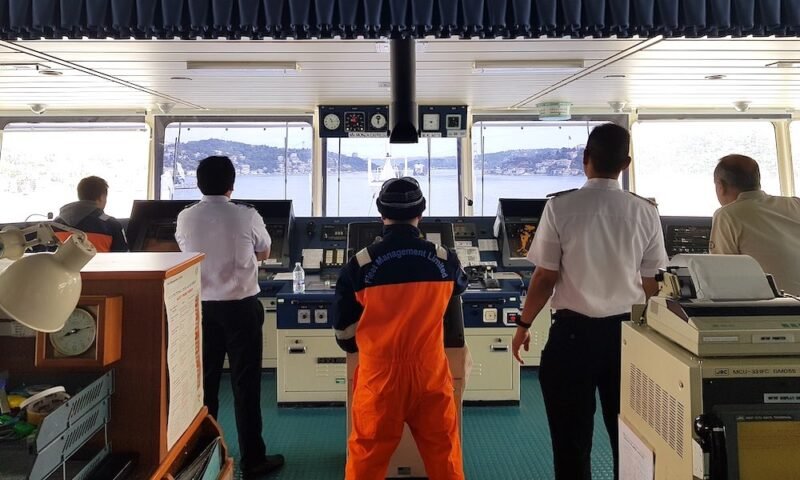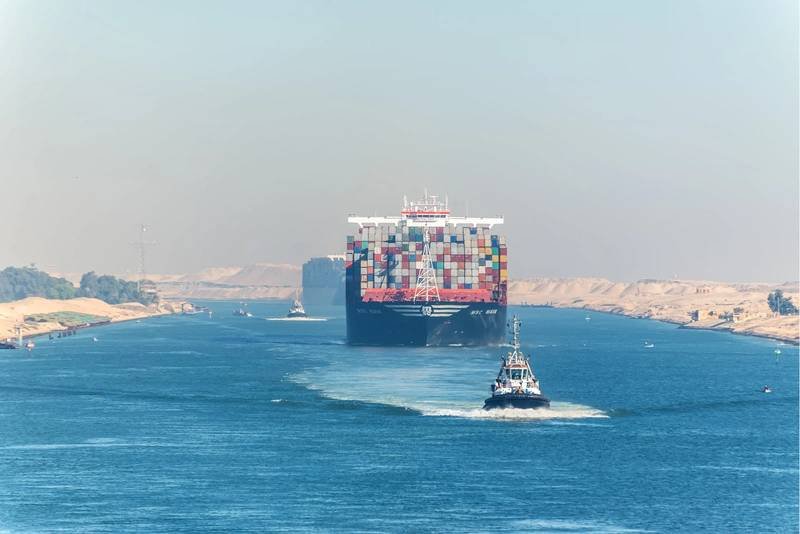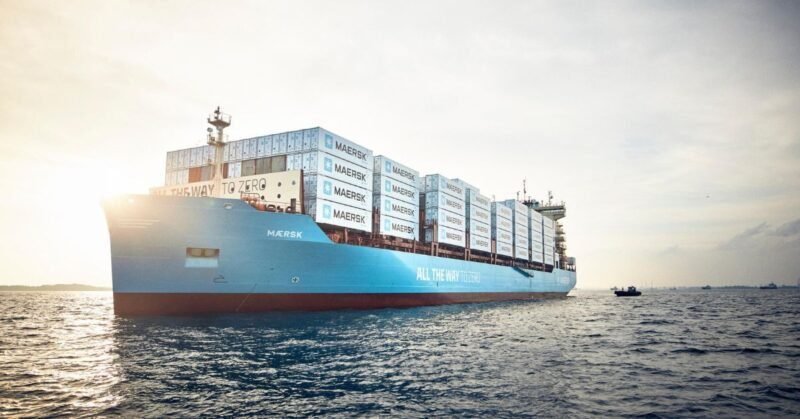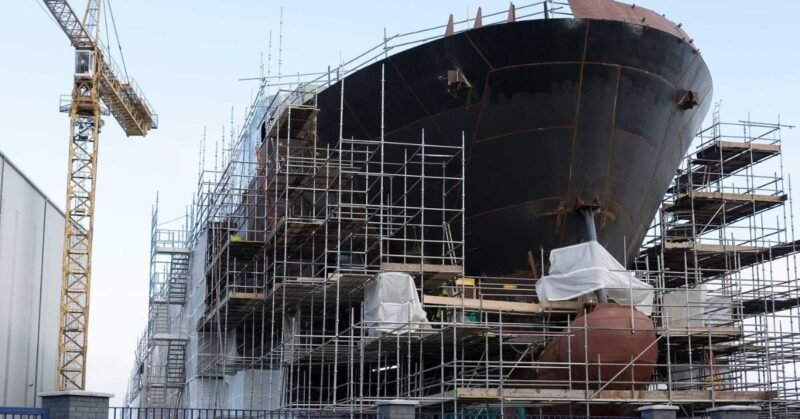As the shipping industry undergoes digital transformation and decarbonization, maritime training is lagging significantly. Despite the proliferation of simulators, gamified courses, and online academies, the core training methods remain outdated. Industry leaders emphasize the urgent need to modernize both the content and delivery of seafarer education. Simon Frank from NSB Crewing highlights that the pace of updating training methods is insufficient, while Pradeep Chawla from MarinePALS notes that many companies invest less than 1% of their operating costs in training, a stark contrast to other high-risk sectors.
A significant concern is the digital divide, with many ship managers identifying a lack of digital competence as a critical gap. As ships increasingly adopt alternative fuels, experts like Allan Falkenberg from V.Group stress that each fuel type presents unique safety challenges, necessitating specialized training. Additionally, Robert Gaina from Ardmore Shipping and Marlon Roño from Magsaysay point out that training must align with the skills required for decarbonization, advocating for more simulation-based and scenario-driven learning.
Furthermore, the industry faces challenges such as fraudulent certification and training fatigue. Manpreet Gandhi at Ishima warns that inconsistent quality across training institutions poses a risk to competence. Meanwhile, Chirag Bhari from ISWAN highlights that seafarers often struggle to absorb e-learning due to time constraints. The future of maritime training, therefore, must focus not only on technological advancements but also on fostering a culture of continuous learning and practical skills development.













